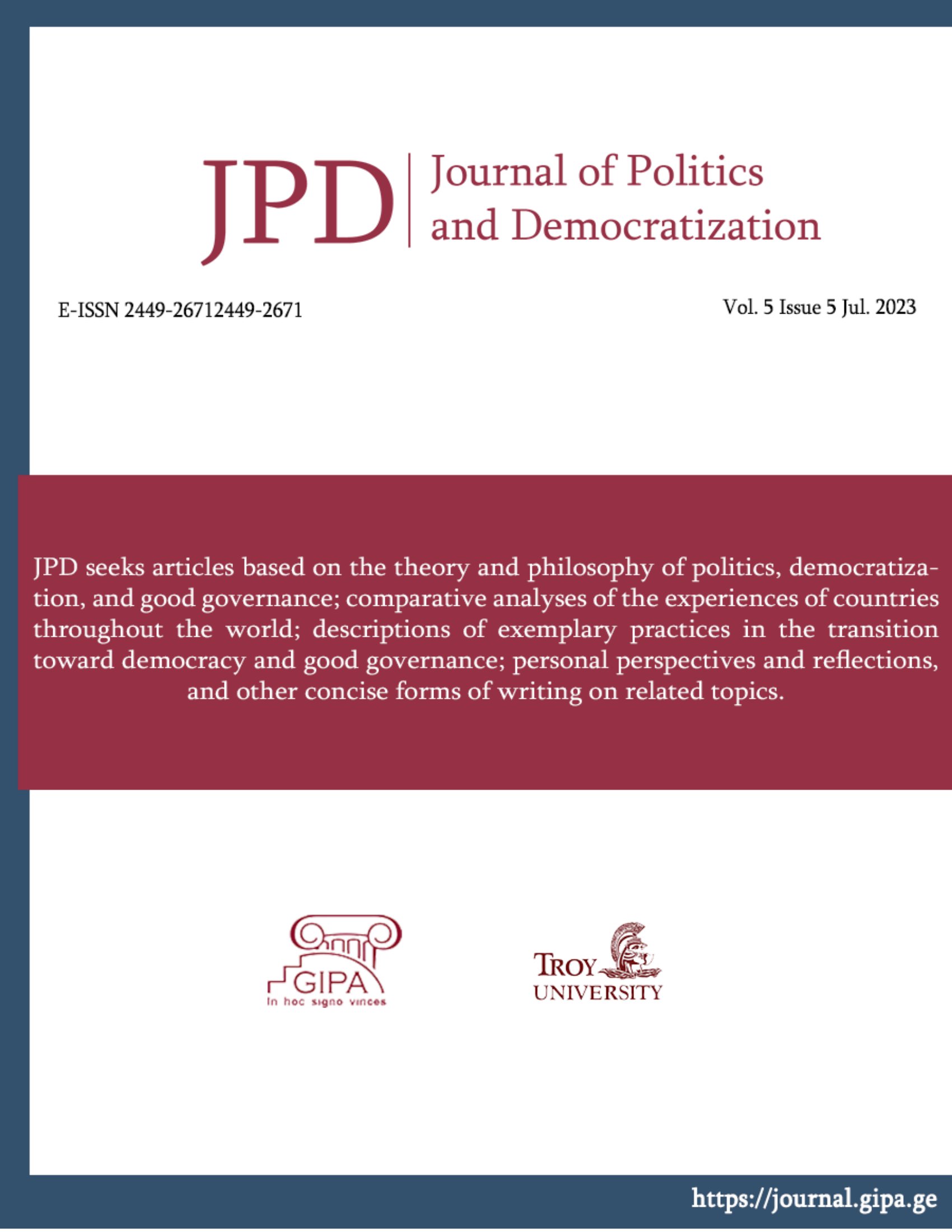Analyzing the Aegean Sea Crisis between Greece and Turkey and Its Implications for Regional Stability
Main Article Content
Abstract
The Aegean Sea crisis between Greece and Turkey has been a longstanding issue characterized by historical animosities, territorial disputes, and conflicting interpretations of international agreements. Tensions have escalated in recent times, raising concerns about its implications for regional stability and international relations. This academic article examines the causes and implications of the Aegean Sea crisis, focusing on the strategic significance of the region, economic interests, and geopolitical complexities. The article analyzes recent incidents, including airspace violations and militarization, and explores the potential consequences of rising tensions for NATO and the European Union. Additionally, it delves into the diplomatic efforts and calls for de-escalation from international actors, emphasizing the need for peaceful dispute resolution through sustained dialogue. The paper concludes with a comprehensive examination of the multifaceted approach required to resolve the Aegean Sea crisis, encompassing diplomacy, adherence to international law, and the engagement of Track II initiatives to bridge societal divides.
